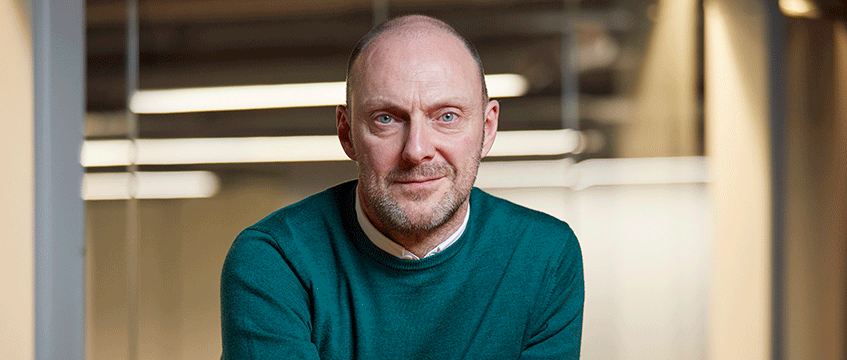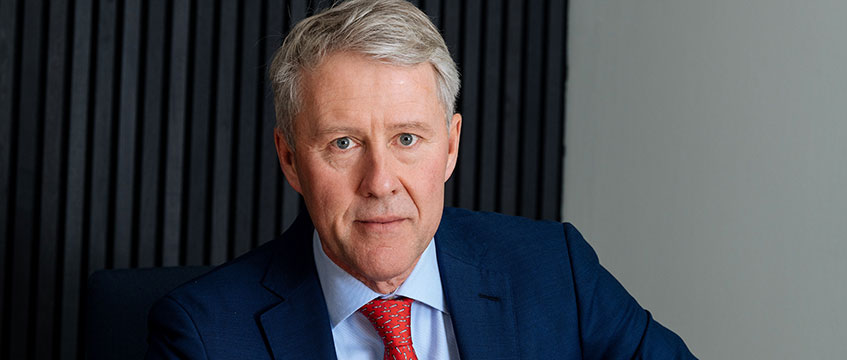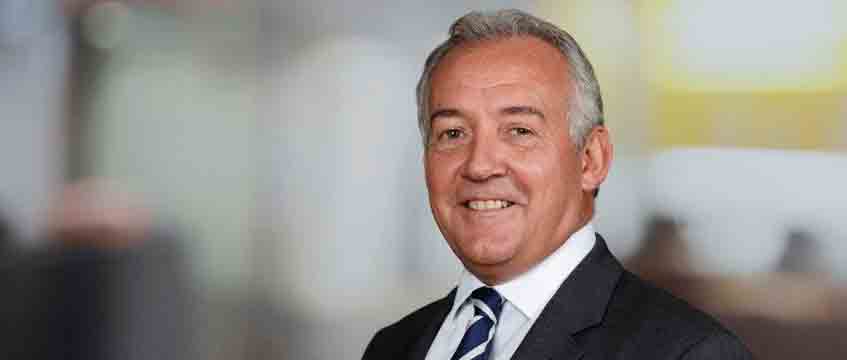COMMENT In 1987, aged 22 and fresh out of Leicester Polytechnic, I went to see a recruitment consultant in London to look for a job. I can’t have been a lucrative prospect for her but she was kind to me and at the end of the meeting I heard myself say: “By the way, I’m gay… in case that’s a problem.”
At the time I thought it might have been. 1987 was the year the government ran its famous AIDS awareness ad campaign and December that year saw the passing of the Section 28 legislation, outlawing “the promotion of homosexuality in schools”, which stayed on the books in England until 2003. It wasn’t an easy time to be gay.
How times have changed. In the near 40 years since, equality legislation has transformed the landscape for those with diversity characteristics. The age of consent for homosexuals was lowered to 16 in 2000, civil partnerships were introduced in 2004 and gay marriage legislation followed in 2013. Numerous Acts of parliament have set out protections in the workplace and wider society in an attempt to level the playing field of opportunity and fight discrimination. But of course that’s just the law – changing the values and behaviour in our society is a whole other ball game, and one that is played at a much slower pace.
Real commitment
The experience of young people entering the workplace today is very different from mine. My own company’s policies on equality in recruitment and in our day-to-day work are some of the best I have experienced – it’s the benefit of working for a relatively large, well-resourced and enlightened business. Our annually measured diversity stats are not perfect but they get better every year, and I know there is real commitment right from the top to continue this trend. I belong to our company’s Pride Network, one of a number of groups that support people with all manner of diversity characteristics. We spend time together supporting each other, debating the issues that we feel affect our work lives and advocating for our diversity.
In the end, though, it isn’t the rules, the laws and the support groups that are going to make real change. They are important but they only kick-start the process of changing the way people think and behave towards others. We have stamped on direct, outward expressions of homophobia, racism and sexism quite successfully in mainstream society, but it’s the lingering, unconscious discrimination that continues to grind its way through our daily social and professional interactions that can have a profound effect on people at work. It’s hardly ever intended, and that’s why it’s difficult to challenge. It’s ingrained and comes without thinking.
In the spotlight
There is only one real way to counter this, and that is to shine a light on it. Not aggressively or combatively, but with care, thoughtfulness and honesty. I believe the best way is through storytelling. Only by sharing our stories with our colleagues can we hope to achieve a general, instinctive understanding of how it feels to experience any kind of diversity in the workplace.
At a recent panel event at architectural firm Pollard Thomas Edwards’ studio in London, organised in partnership with Glasgow-based New Practice, I decided to tell my story accompanied only by a set of pictures of me at various stages in my life. I showed a school picture of the apparently happy but shy and bullied little boy, bewildered and afraid that something was “wrong”; a headshot from my first year in work, when I thought I needed to explain the “problem” that was my sexuality; and a recent picture of me at a Pride event, in a senior role at a large property development company supporting my LGBTQ+ colleagues having long breathed out that I could write my own story at work.
But even now I still feel the legacy of that small, uncertain boy, afraid of the world. Walking into a room full of men – still not uncommon in our industry – a momentary knee-jerk fear rises in my gut. I’m old enough and tough enough to pay no heed to that for very long, but I wonder if that is the same for some of my younger colleagues who may not have the resilience I have learnt over many years.
Bullying banter
It’s still not uncommon to be expected to join in with “harmless” jokes that equate homosexuality in men with femininity and weakness – infuriating for both women and men alike. If you challenged those who engage in this kind of banter, I honestly think they’d be horrified to be accused of sexism or homophobia. It doesn’t mean it’s not true, though. It’s most often unthinking, casual and considered inconsequential. Not so.
By sharing our stories, and explaining how day-to-day life in the workplace is experienced very differently by each of us, we can gradually learn how to check the unconscious, knee-jerk behaviour that can be so alienating. It’s also good for business – how can we design the diverse and inclusive places demanded of us by the richly diverse population for whom we build if we cannot look in the mirror and see a truly diverse industry, happy with itself and each other?
Martyn Evans is creative director at LandsecU+I











